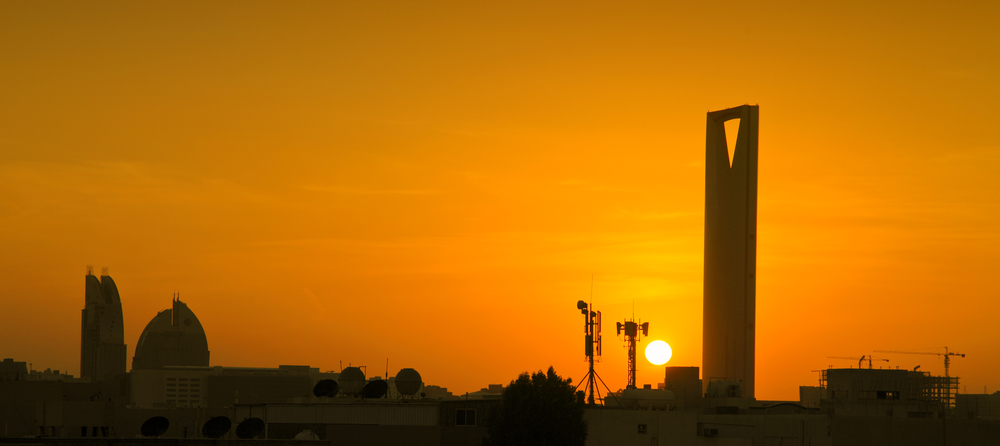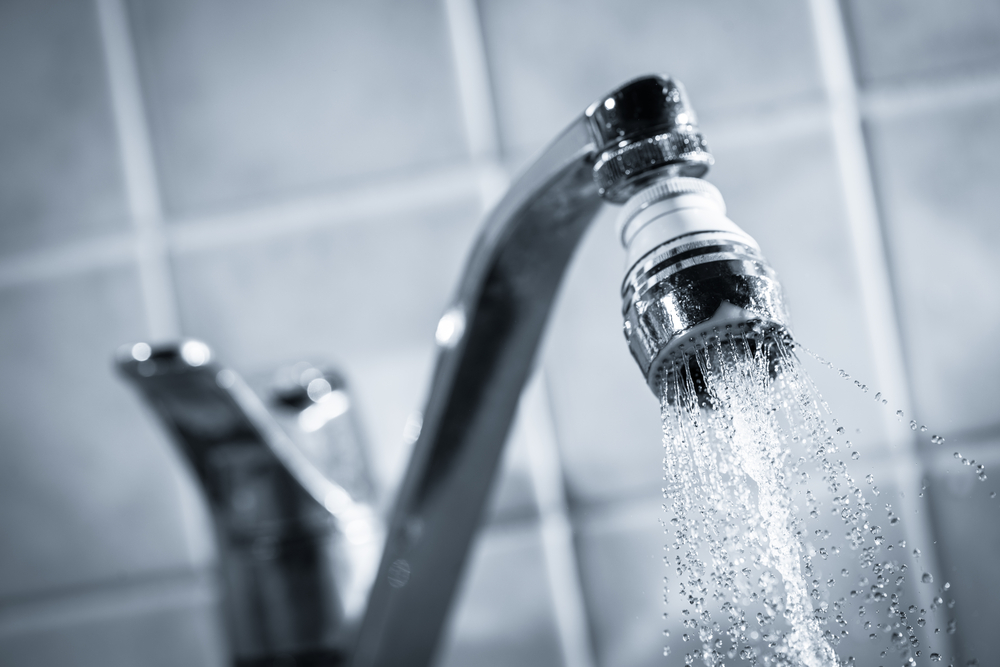[ad_1]

Saudi Arabia, one of the world’s driest countries, has announced a national program for rationalising water consumption in the Kingdom. The program seeks an ambitious target that includes slashing usage by nearly 24% by next year and some 43% by the end of the next decade.
The announcement came at the Saudi Water Forum 2019, in conjunction with World Water Day, held 22 March 2019.
Speaking at the forum, Saudi minister of environment, water and agriculture, Abdulrahman Al Fadley, officially launched the Qatrah (Arabic for ‘droplet’) program, along with its official website (http://www.qatrah.com) and social media accounts. Citizens can pledge to conserve water by registering on the site.
“The reality of the water sector”
“The reality of the water sector in the Kingdom requires all of us to work together — the public sector, the private sector and the citizenry — with the aim of developing techniques for the production and distribution of water at the lowest possible cost,” said Al Fadley.

With the theme “Sustainable Water for Sustainable Development”, the forum aims to promote sustainability in Saudi Arabia’s water management sector, localise international expertise, attract foreign investment, and increase the implementation of state-of-the-art water technology.
Saudi Arabia, which has a population of about 33.4 million, is the world’s third largest per capita consumer of water after the United States and Canada, according to the Qatrah website. Through the program, the ministry aims to reduce daily per capita consumption from 263 litres to 200 litres by 2020 and to 150 litres by 2030.
“Changing the behaviour of individuals”
Al Fadley added: “Qatrah has been established to contribute to changing the behaviour of individuals, raising water awareness, sustaining water resources, optimising water resources through rationalisation, and will allow society to maximise the benefits of food, fuel, electricity and water support, as well as safeguard natural resources.”
[ad_2]
Source link
